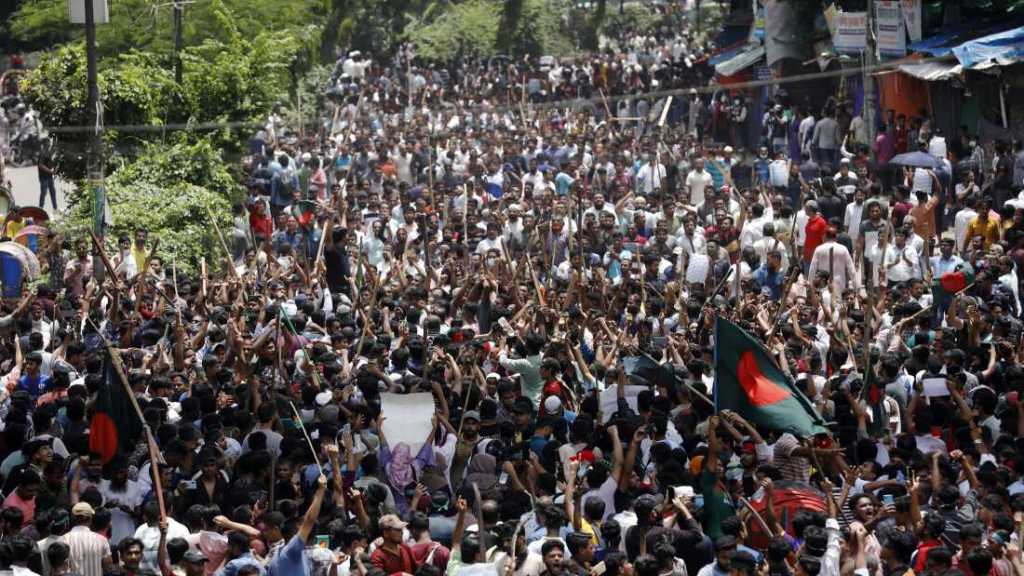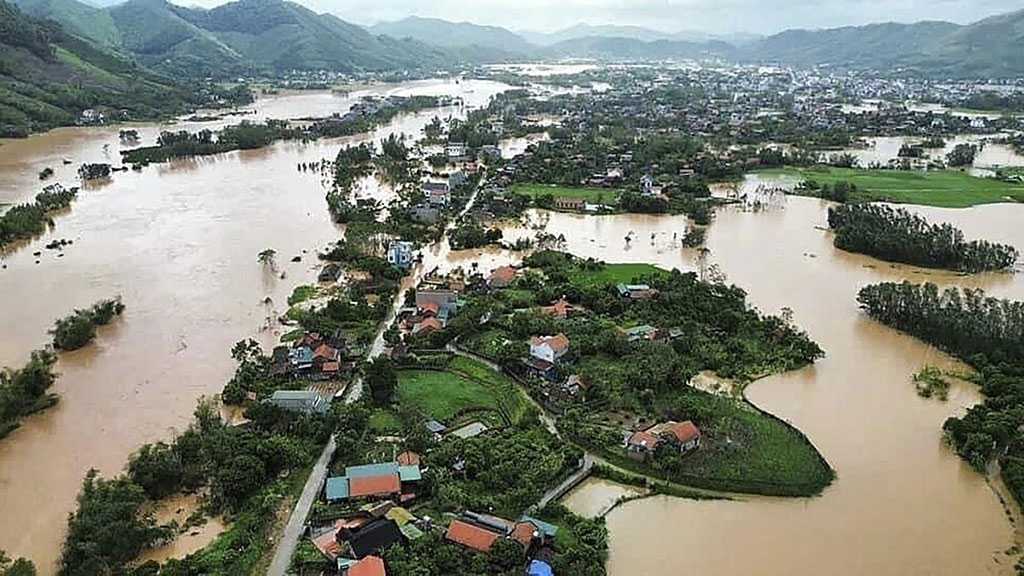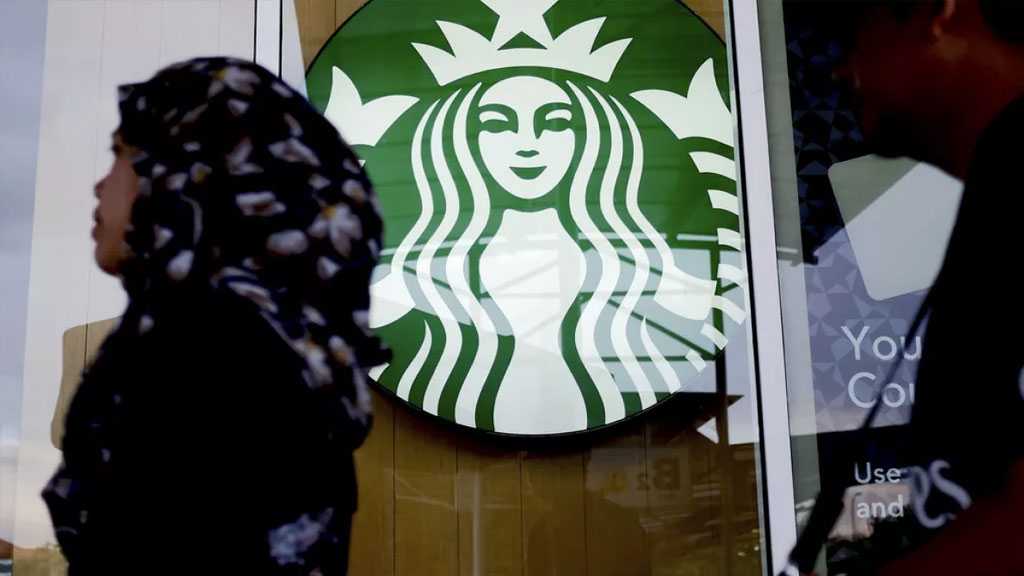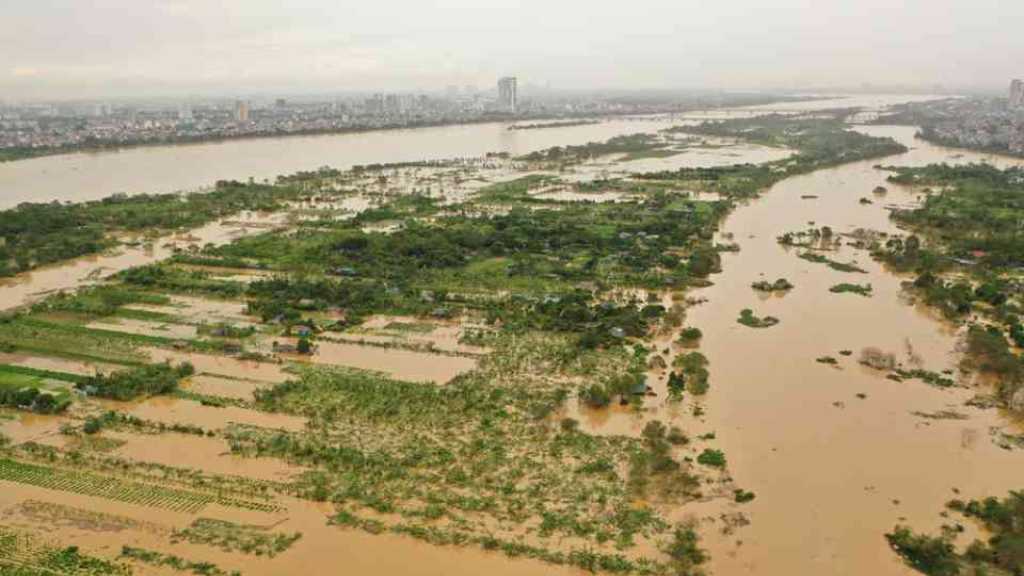
Bangladesh: Hundreds Killed As PM Quits

By Staff, Agencies
Dozens of people have been killed and hundreds injured as renewed anti-government protests swept across Bangladesh, with protesters calling for the prime minister to resign as mobile internet access was cut off in an attempt to quell the unrest.
The country’s leading Bengali-language daily newspaper, Prothom Alo, said at least 95 people, including at least 14 police officers, had died on Sunday in the violence.
The death toll was the highest for a single day from any protests in Bangladesh’s recent history.
The military announced that a new curfew, including in the capital, Dhaka, and other divisional and district headquarters, would come into effect on Sunday evening for an indefinite period. The government had earlier imposed a curfew with some exceptions in Dhaka and elsewhere.
Demonstrators led to the the resignation of the prime minister, Sheikh Hasina, after protests last month that began with students calling for an end to a quota system for government jobs. Those demonstrations escalated into violence that left more than 200 dead.
As the renewed violence raged, Hasina said the protesters who engaged in “sabotage” and destruction were no longer students but criminals, and that people should deal with them with iron hands.
Teaching staff from the Bangladesh University of Engineering and Technology show support for the student protesters. One placard reads 'We stand with our students' and another reads 'Every lie is a debt to the truth. Sooner or later the debt is paid'
The ruling Awami League party said the demand for Hasina’s resignation showed that the protests had been taken over by the main opposition Bangladesh Nationalist party and the now banned Jamaat-e-Islami party.
On Sunday, the government announced a holiday from Monday to Wednesday. Courts were to be closed indefinitely, while mobile internet services were cut off, and Facebook and messaging apps, including WhatsApp, were inaccessible.
At least 11,000 people have been arrested in recent weeks. The unrest has also resulted in the closure of schools and universities across the country, and authorities at one point imposed a shoot-on-sight curfew.
The protests began last month as students demanded an end to a quota system that reserved 30% of government jobs for veterans and relatives of those who fought in Bangladesh’s war of independence against Pakistan in 1971. After days of clashes, the country’s supreme court scaled back the quota, with 5% of jobs reserved for veterans and their relatives, but protesters have continued demanding accountability for violence that the demonstrators blame on the government’s use of excessive force.
The system also sets aside jobs for disabled people, transgender people and members of ethnic minorities, whose quotas were cut from a collective 26% to 2% in the ruling.
The protests have become a major challenge for Hasina, who has ruled the country for more than 15 years. She returned to power for a fourth consecutive term in January in an election that was boycotted by her main opponents.
Comments
- Related News



